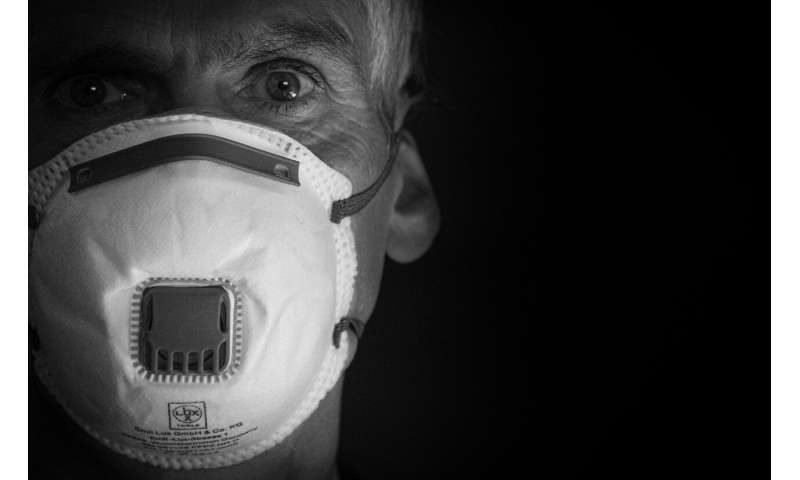

In the COVID-19 special session taking place at the online Annual Meeting of the European Association for the Study of Diabetes (EASD), Prof. Juliana Chan, (The Chinese University of Hong Kong and Prince of Wales Hospital, Shatin, Hong Kong, China) will present a new review of the evidence on the devastating impact COVID-19 is having on people with diabetes.
“Major risk factors for mortality include advanced age and chronic conditions, notably obesity, diabetes, hypertension, heart and kidney disease as well as social deprivation, minority ethnic groups and those with poor access to care. These frequent coexisting conditions highlight the complexity of COVID-19,” explains Professor Chan.
In a recent report from The Lancet Diabetes & Endocrinology, in a UK population-based survey of over 60 million people registered with the primary care system, 0.4% had type 1 diabetes and 4.6% had type 2 diabetes. Yet amongst the more than 24,000 deaths due to COVID-19, 30% occurred in people with diabetes. After adjusting for multiple risk factors including social deprivation, ethnicity and other chronic conditions, people with type 1 diabetes had an almost 3-fold (2.86 times) risk of death, and those with type 2 diabetes, an almost 2 times (1.8) higher risk of death due to COVID-19 versus those without diabetes.
Despite the short duration of the pandemic, still less than one year, a search term of ‘COVID-19 and diabetes’ yielded over 1800 publications in PubMed. “Many of these reports indicated close relationships between high blood glucose levels and poor outcomes including mechanical ventilation, admissions to the intensive care unit and death in patients with COVID-19,” explains Prof Chan.
Glucose is a fuel and its effective use depends on adequate oxygen supply and insulin action to promote glucose entry into the cells to maintain bodily functions and survival. Diabetes is due to absolute or relative insulin insufficiency. People with poorly controlled diabetes have low grade inflammation, poor circulation and body defences. During acute stress such as COVID-19, these interlinking systems can destabilise resulting in uncontrolled blood glucose and multi-organ failure. In a consensus statement published in The Lancet Diabetes & Endocrinology, international experts call for optimisation of outpatient and in-patient care including appropriate use of insulin to control blood glucose and use of organ-protective drugs to improve the outcomes of these high risk patients.
Prof Chan says: “SARS-CoV-2 may damage pancreatic beta-cells, the only insulin-secreting cells. As such, COVID-19 may precipitate diabetes in people with risk factors such as those with obesity, low socioeconomic status and psychosocial stress.”
The use of social distancing and restricted travelling have controlled the outbreak to some extent but also resulted in economic hardships and emotional distress. These can have effects on personal health, societal productivity and access to routine care. She adds: “On a more positive note, the COVID-19 crisis has raised public awareness about the plight of these vulnerable people and motivated development of new strategies such as telehealth aimed at providing preventive care and ongoing support to reduce the impacts of acute and chronic complications in these high risk individuals.”
Source: Read Full Article